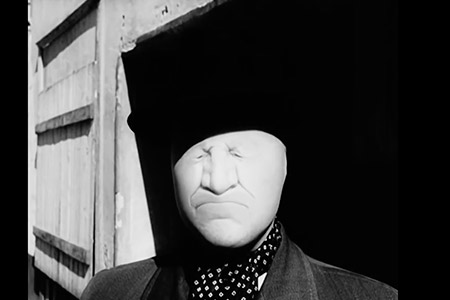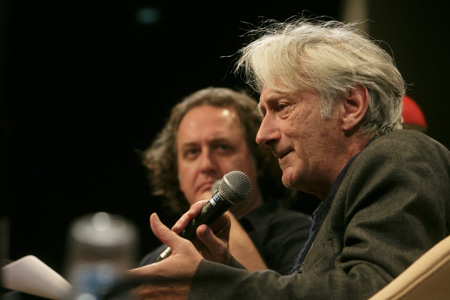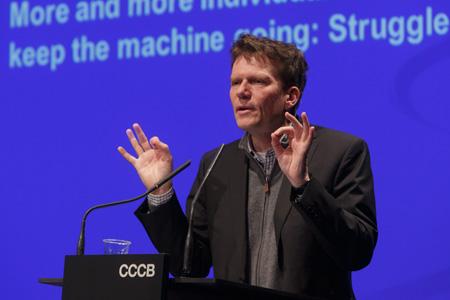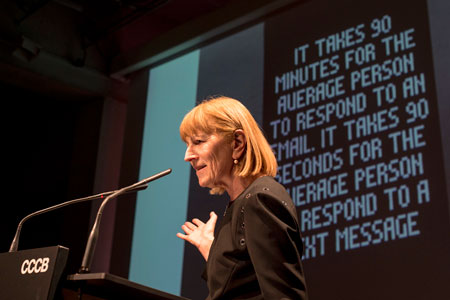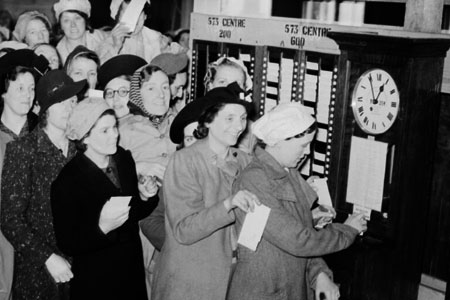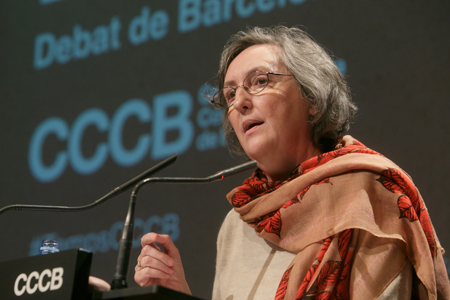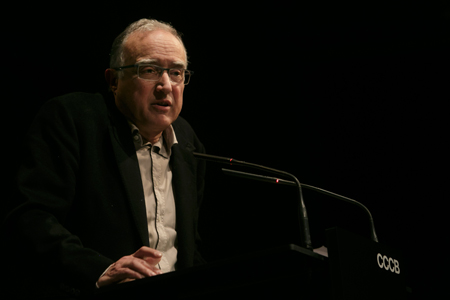Our Time
The Barcelona Debate 2016
The Aftermath of the Aftermath (A Reflection on Time)
Soy Cámara online
We are living in historic times in which acceleration, technology, catastrophe and its resulting humanitarianism have occupied the world stage. The apocalyptical tale of the end of time is triumphing in parallel with the technological enlightenment that considers that innovation equals speed ...
Patrick Deville
Literature, a Journey in Time and Space
From one continent to another, from one century to another, the writer Patrick Deville brings about constant shifts in time and space in his literature.
Hartmut Rosa
Accelerated Lives
The German sociologist Hartmut Rosa gives a lecture about “social acceleration” which, in his view, is the cause of the four great crises we presently face: the ecological crisis, the financial crisis, the crisis of political representation and high levels of dissatisfaction and exhaustion.
Marina Garcés
Unfinishing the World
Living the way we are living, we are making ourselves extinct. All of us. How does this situation change our human condition and our position as political subjects? And what, then, is the power of thought? We have gone from being constructors of the world to its destroyers. Beyond apocalyptic ...
Judy Wajcman
Time in the Digital Age
Sociologist Judy Wajcman reflects on how digital culture has changed the concept of time while simultaneously changing us.
Rethinking Time in the Digital Age
Carles Sora
Our experience of time is increasingly mediated by digital devices of all kinds and our everyday timescapes appear to be accelerating exponentially.
Menchu Gutiérrez
The Clearings of Time
Literature and poetry embrace many experiences from places that are far from the official time of watches, mythical spaces where time is immobilised, closed spaces like caskets guarding the hours. Physics and mysticism also share many metaphors on how to free oneself from temporality. The writer Menchu ...
Salvador Cardús
The clock
From the earliest timekeeping devices through to today’s smartwatches, the clock has become a key instrument in the service of social organisation and an expression of its increasing complexity. How might it be turned into a tool that fosters time for free personal use and for humanising ...
